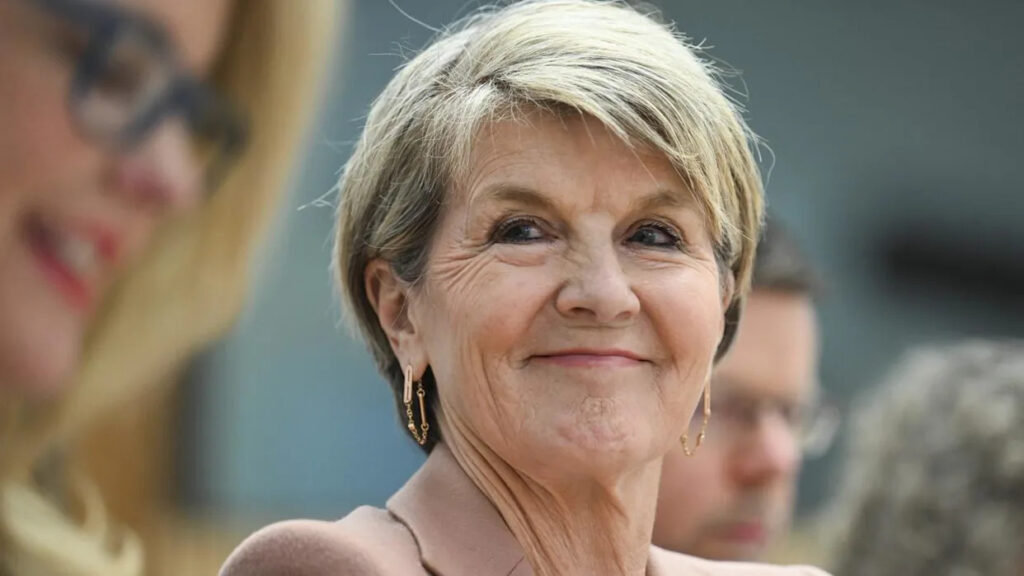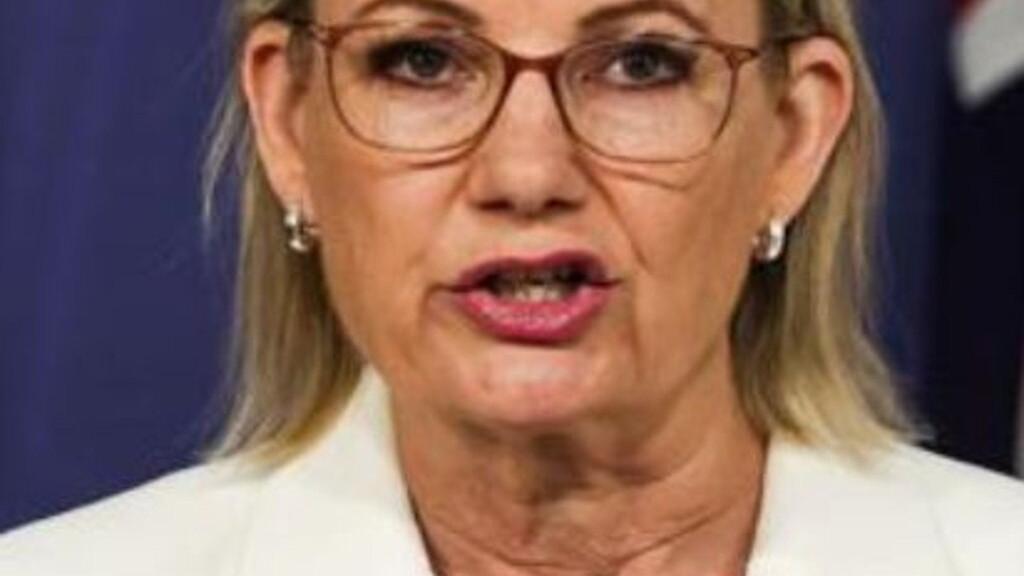
Public figure Julie Bishop has taken her Instagram account private amid growing controversies surrounding her role as Chancellor of the Australian National University (ANU). Bishop, who has held the position since 2020, is facing significant calls for her resignation due to a series of issues that have emerged during her tenure.
Earlier this year, more than 800 ANU staff members expressed a vote of no confidence in Bishop and former Vice-Chancellor Genevieve Bell. The vote stemmed from a financial miscalculation, where the administration overestimated a deficit by over $60 million. This misstep led to widespread criticism when the university announced a plan for $250 million in budget cuts and job losses.
The situation escalated further when prominent demographer and academic Liz Allen testified before a Senate Inquiry last month, describing a distressing encounter with Bishop that left her feeling “near suicide.” Allen claimed that Bishop prevented her from leaving the room during an aggressive meeting. In response, Bishop has categorically denied these allegations, stating that her actions were in line with maintaining the integrity of the workplace grievance process. “There are no grounds for me to stand aside,” she asserted.
Following the backlash, Genevieve Bell resigned from her role, which was valued at $1.1 million, last month. Her departure was met with applause from academics during a town hall meeting, reflecting rising discontent within the university community. Despite the controversies and mounting pressure, Bishop remains committed to serving out her term, which is set to conclude in 2026.
Senator David Pocock has voiced his concerns regarding Bishop’s leadership, highlighting allegations of bullying and workplace harassment. He described her tenure as having overseen a significant decline in both the financial and governance aspects of the university.
As the situation continues to unfold, Bishop has not yet provided further comments regarding the escalating tensions at ANU. The university community watches closely as the implications of these controversies develop, particularly regarding the university’s leadership and future direction.







